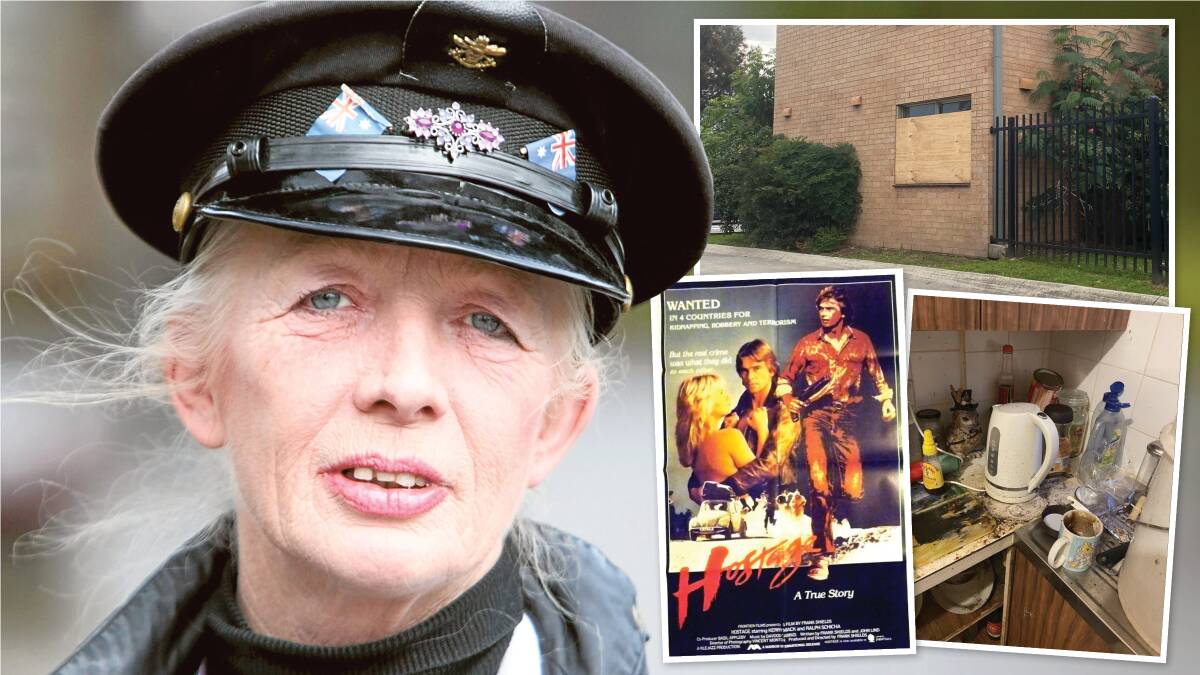
Swept away from Wollongong by a Nazi bank robber, married to him at 16, forced to take part in his crimes, immortalised after her autobiography became an "Ozploitation" thriller movie, a survivor of his sadism and sexual violence.
Subscribe now for unlimited access.
or signup to continue reading
The life of Christine O'Neill - earlier known as Christine Maresch - almost defies description, other than that its ending was indisputably tragic - alone, of hypothermia, in a Warrawong housing commission flat last month, at the age of 64.
Pictures from the scene show Ms O'Neill, who suffered from bipolar disorder among other health problems, and was under care from the National Disability Insurance Scheme, died surrounded by squalor.
The exact date is not known because it was more than a week before she was found, her daughter Amanda Maresch said. The death certificate reads "between 03 April 2023 and 11 April 2023".
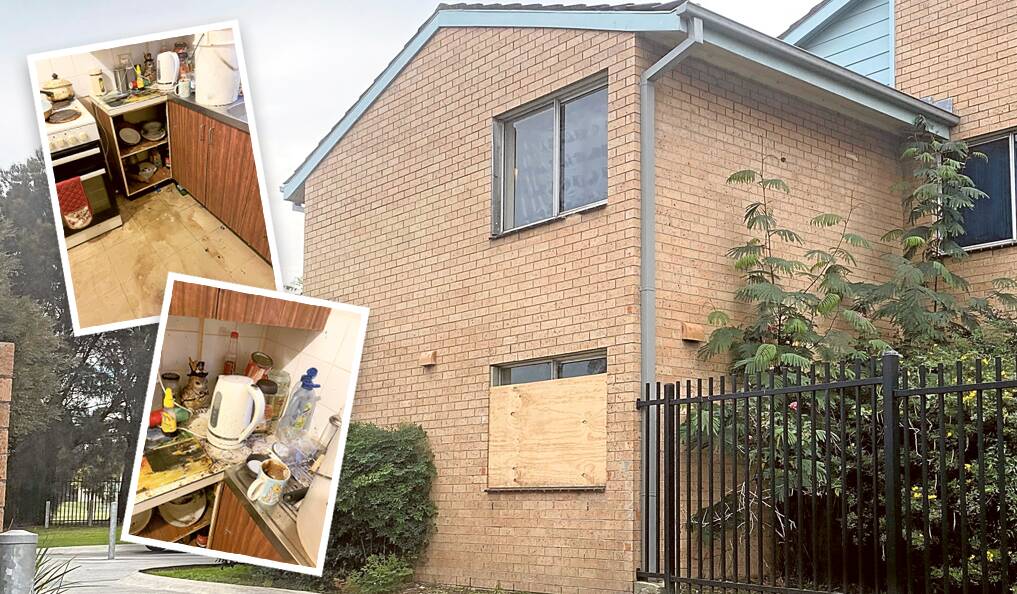
The pictures provided to the Mercury by Amanda show the floor was stained, kitchen benches were filthy - and her family wants to know how it was able to come to this.
Christine's body was found by a care worker who came every two weeks to help with medication - and was concerned enough to enter the property.
"She was only 64," Amanda Maresch told the Mercury.
"There wasn't adequate heating in her apartment. One of the windows was broken and was boarded up, it was never repaired.
"I know that Mum was a difficult person who suffered from trauma and mental health issues ... she was bipolar, she wasn't the most stable person, but that doesn't mean she shouldn't have adequate care.
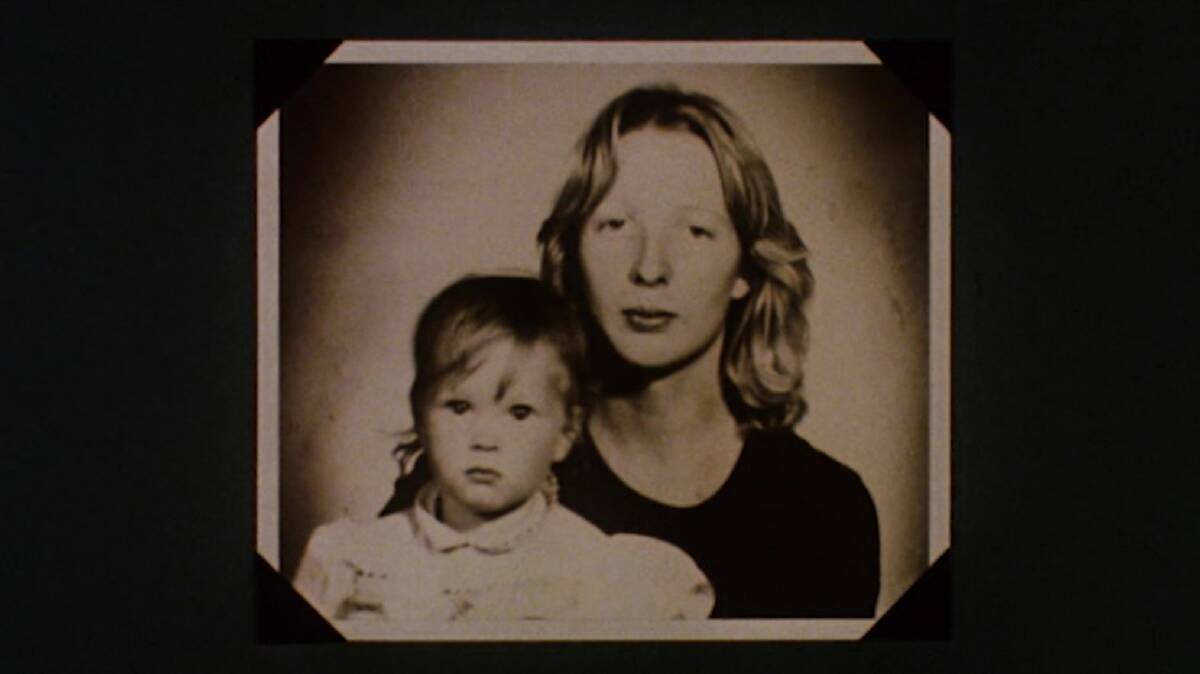
"It is unacceptable to me in this day and age that a woman should die from such a thing when being cared for under the NDIS, when a simple fix like buying a heater would have saved her life.
"Her apartment was beyond filthy - entirely unsanitary and a hazard to anyone who came inside, including her carers, and this should have been reported and rectified by her NDIS provider or referred onto someone who could help her manage her home and health."
Responsibility, again, is hard to find. The National Disability Insurance Agency (NDIA) referred questions to the NDIS Quality and Safeguards Commission, which regulates the scheme, saying the NDIA funds service providers but doesn't have oversight of them.
But the Mercury understands the NDIA was requested by one service provider in January this year to "reach out" to Ms O'Neill and try to organise a new recovery coach for her. It is not known if this occurred. The NDIA would not comment when asked about this request.
"The National Disability Insurance Agency has been in contact with the family to express our deepest sympathies," the agency said in a one-line statement.
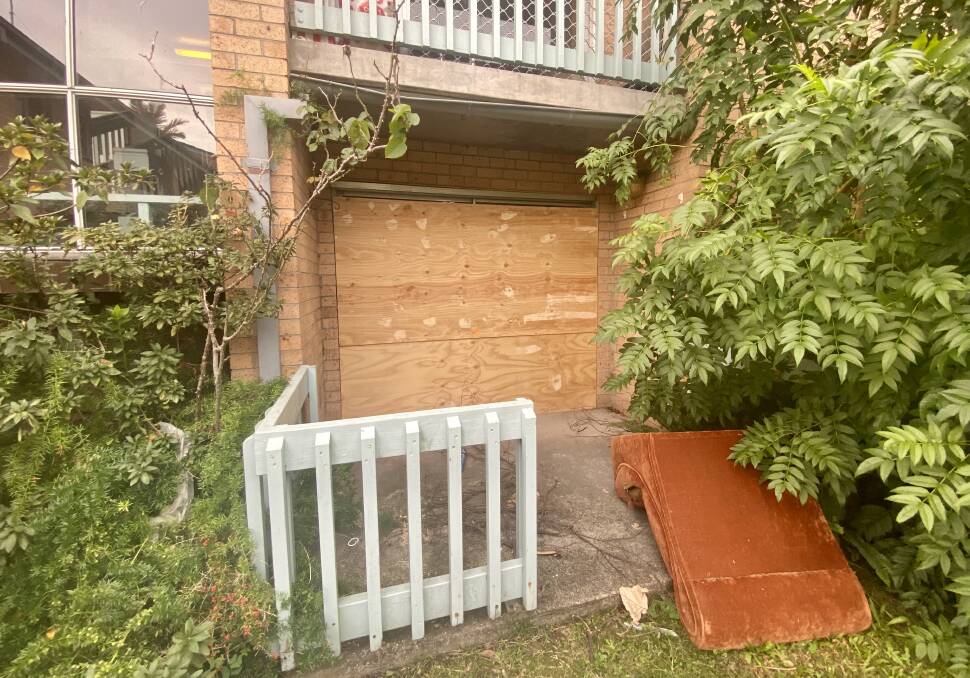
Amanda Maresch and her mother were estranged and had not spoken for some time.
"My relationship with her was frail as being an only child of someone with mental health issues our relationship had become strained, but we still spoke and kept in touch on special occasions," Amanda said.
"I found it odd that she didn't answer her phone when we rang on Christmas Day but after speaking to [the care worker] who took her for her fortnightly injections I get the impression mum was so heavily medicated she was actually unable to care for herself on the most basic of levels."
Amanda hopes that her mother's profile can somehow help improve things for people who are not receiving adequate care. She spoke with Minister for the NDIS Bill Shorten's office and lodged a formal complaint with the NDIS Quality and Safeguards Commission in early May.
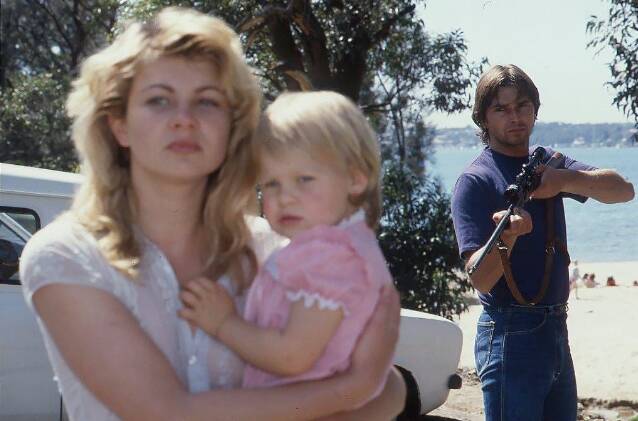
After more than three weeks she had not received any response - until a few days after the Mercury made enquiries.
"The NDIS Commission has an active inquiry underway regarding the circumstances of Ms O'Neill's death, including the quality and safety of the NDIS supports and services she was to receive," a spokesperson for the Commission said.
"We are engaging with the family and keeping them updated on the progress of the inquiries."
There wasn't much left of me as a person, so much had been destroyed and distorted in the years of our marriage, but I knew I was innocent, and I was determined not to let go of that. It was all I had.
- From Hostage - My own story, by Christine Maresch
While hypothermia is most likely at very cold temperatures, it can occur at cool temperatures if a person is chilled from rain, sweat or other contact with water. Older people and those with poor circulation are more at risk.
Early April was not a particularly cold time in the Wollongong area, with Bureau of Meteorology (BOM) data showing temperatures not sinking below 15 degrees except for on the 11th and 12th of the month, when the minimum reached on both days was 12.2 degrees. A huge storm dumped 40.8mm of rain on April 2. These figures are from Bellambi which is the closest the BOM has a station to Warrawong.
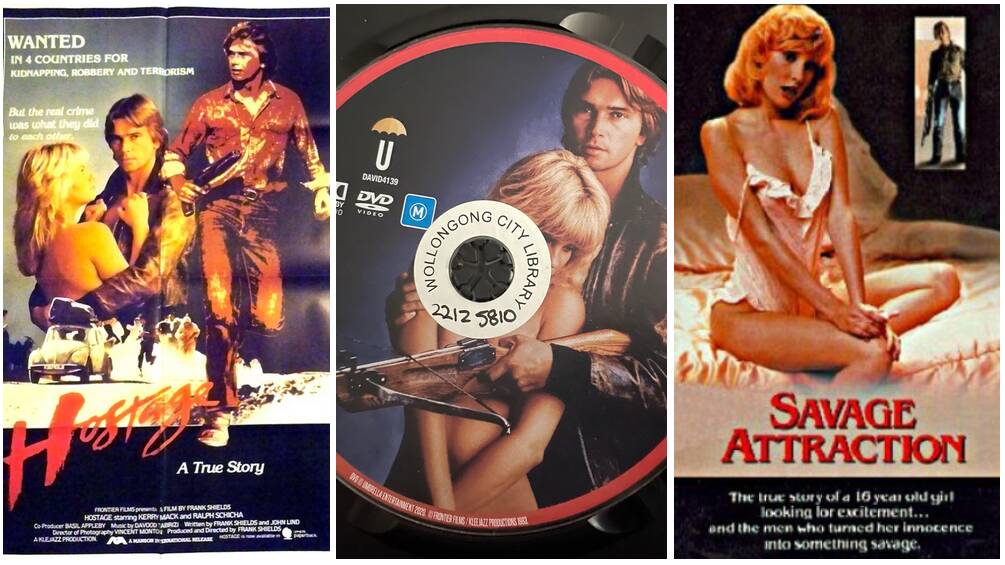
Hostage: Christine's story
Christine O'Neill was 16 when she met Walter Maresch, a German who was working at the Hoffmans' travelling carnival. Christine got a job there and she and Walter had an affair - the start of a violent decade across three continents, in the grip of a a man who would turn out to be a monster.
Christine's autobiography Hostage: My Own Story is a harrowing tale, a devastating insight into the mind of a horribly abused woman. An optimistic teenager seeking adventure, and something better than the violent home she grew up in, came out of it as a hardened survivor of major traumas.
In the early 1980s the book was turned into a movie directed by Frank Shields, called Hostage: The Christine Maresch Story, billed as "a true story". It was part of a wave of low-budget Australian films branded "Ozploitation" for their heavy doses of sex, violence and/or horror.
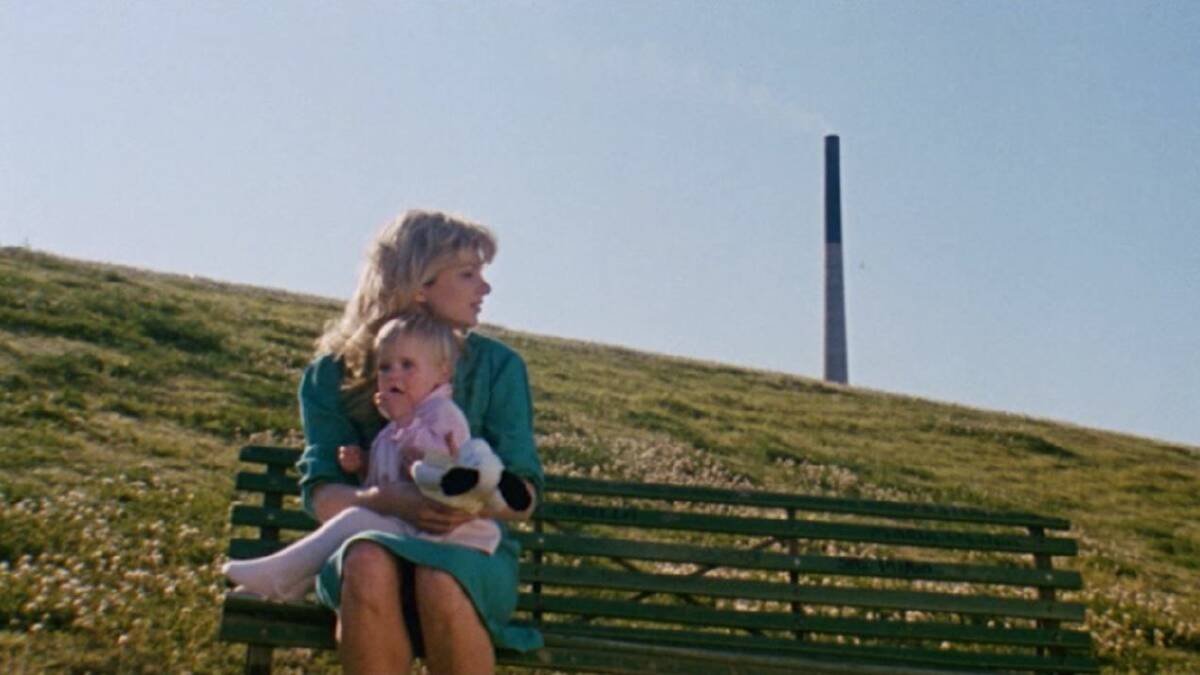
In the book Christine writes about how she was coerced into marrying Walter - when he threatened to shoot himself if she didn't. He pulled the trigger, then refused medical treatment unless she said yes.
They lived in humble accommodation near Port Kembla and before she turned 17 Christine was pregnant with Amanda. Scenes from the movie showed the couple speeding around Cringila and Port Kembla in a red Mercedes; the reality became darker as Walter became more controlling.
He pulled me down the stairs and we went back to his parents' house, and the argument continued as violently as ever. He beat me as he had never beat me before, with a clenched fist, using all his force. He even kicked me in the stomach, causing a massive flow of blood which stained my clothes and made a pool on the floor.
- From Hostage - My own story, by Christine Maresch
After Walter lost his job they moved from town to town around Australia with his treatment of her growing more violent. Eventually they moved to Germany, where Walter took to robbing banks to help fund his attempt to revive the Nazi Party. Christine was forced to participate after Walter kidnapped Amanda.
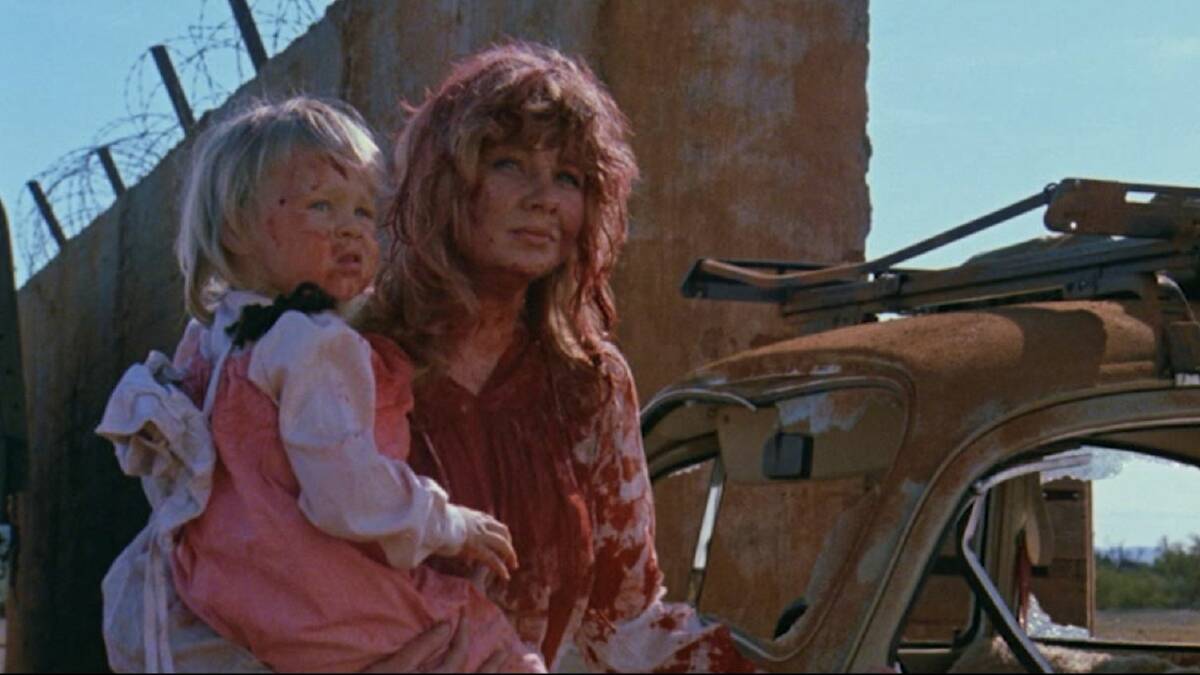
They eventually left Germany, heading east, and survived an attack by bandits in Turkey in which Walter slit one man's throat, spilling blood across his wife and daughter in the process. He would remind her often how he saved her life.
Christine returned to Australia with Amanda, but Walter arrived and they again moved from town to town, the violence worsening to the point Christine and Amanda were at one stage locked in a cellar.
Above all a survivor, Christine told her story so unflinchingly that being tied to a bed and raped, or shot with a rifle, then a shotgun, then a crossbow, are described in no more lurid detail than the time they spent renovating a houseboat, buying tools, or picking shotgun pellets out of her skin. The horror needed no embellishment.
He decided he really wanted sex and he was entitled to it, so he tied me up. It wasn't unusual; but this night I was at my wit's end. I couldn't get through to him. I felt sad for him and desperately unhappy with myself in this horrible, sordid situation - a man and wife, hurling insults, screaming abuse, unable to love and finally, the way it always ended, with me tied to the bed and being raped.
- From Hostage - My own story by Christine Maresch
Both were eventually arrested for the robberies, Christine as an accessory. Walter was jailed for 14 years; Christine got a bond.
The Mercury has tried several times to contact film director Frank Shields, who was said to have been instrumental in encouraging Christine to write her book. He has not responded.
Back to real life
In later years Christine had gone back to using her parents' name O'Neill, for perhaps obvious reasons, and it is this name which is recorded on her death certificate.
She had married again at age 37, to a man named Frank Ellerbrock, but the pair later divorced.
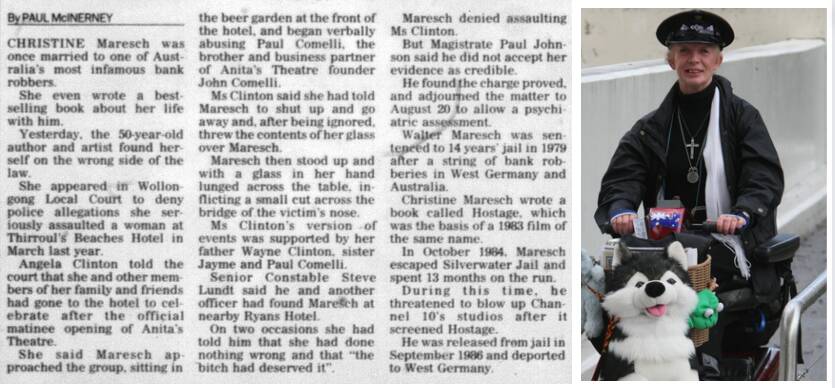
Legal trouble was to follow in 2008 when a magistrate in Wollongong Local Court found she had assaulted a woman with a glass at the Beaches Hotel in Thirroul.
The court heard it happened during an argument that started when Ms Maresch, as she was known then, verbally abused Paul Comelli, brother of Anita's Theatre founder John Comelli, after the opening celebration for Anita's. The magistrate found the offence proved but adjourned the case for mental health advice.
In her last years in Warrawong, Christine O'Neill had multiple NDIS service providers. Her Local Area Co-ordinator was from Uniting. She briefly had a "recovery coach" but this ended more than a year ago. A complaint about her declining care had been made to one of the groups some weeks before her death.
Uniting said it could not comment specifically on "customer information" but said it "does not provide support co-ordination or personal support services in the Illawarra".
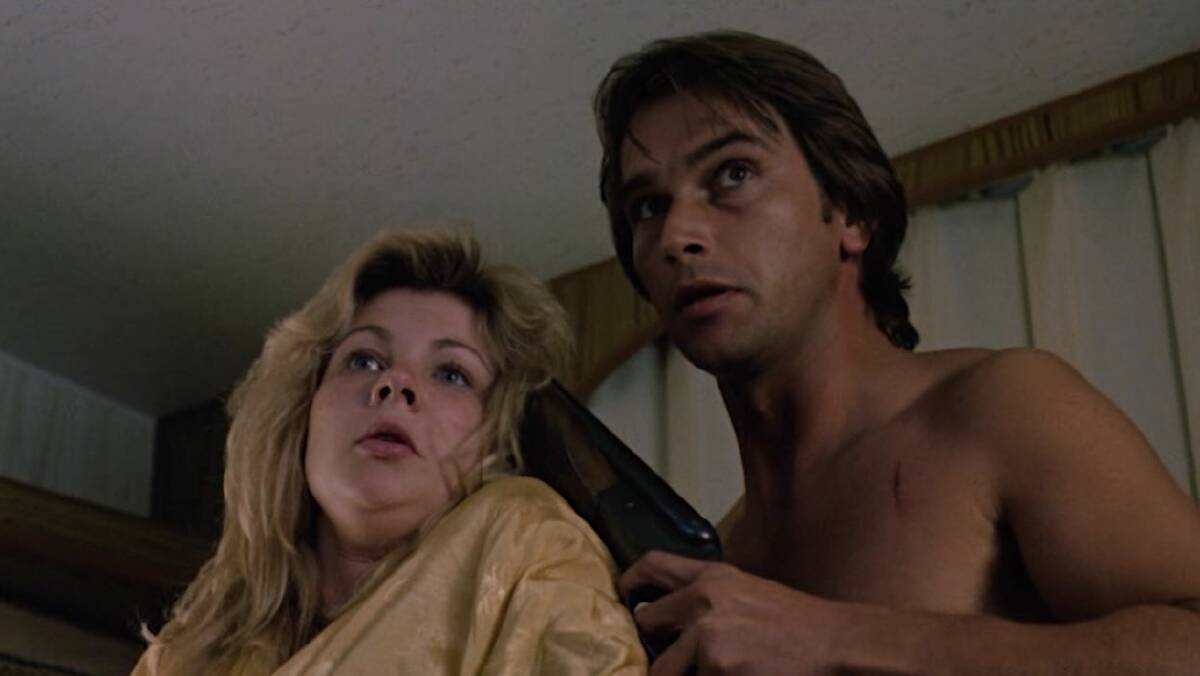
Amanda Maresch is in the process of digitising her mother's book for re-release. She doesn't know if her father is alive. He was deported to Germany in 1986.
The end of Christine's life leaves serious questions to be answered. Her family hopes the investigation will lead to better care.
A memorial service will be held with close family and friends for Christine O'Neill on June 24 in Perth.
She was a courageous and badly damaged survivor of violence, sexual abuse, shootings and a criminal husband who kept her captive for years - yet somehow she died in circumstances where she should have been, at last, safe.
-
- Our news app has had a makeover, making it faster and giving you access to even more great content. Download The Illawarra Mercury news app in the Apple Store and Google Play.


